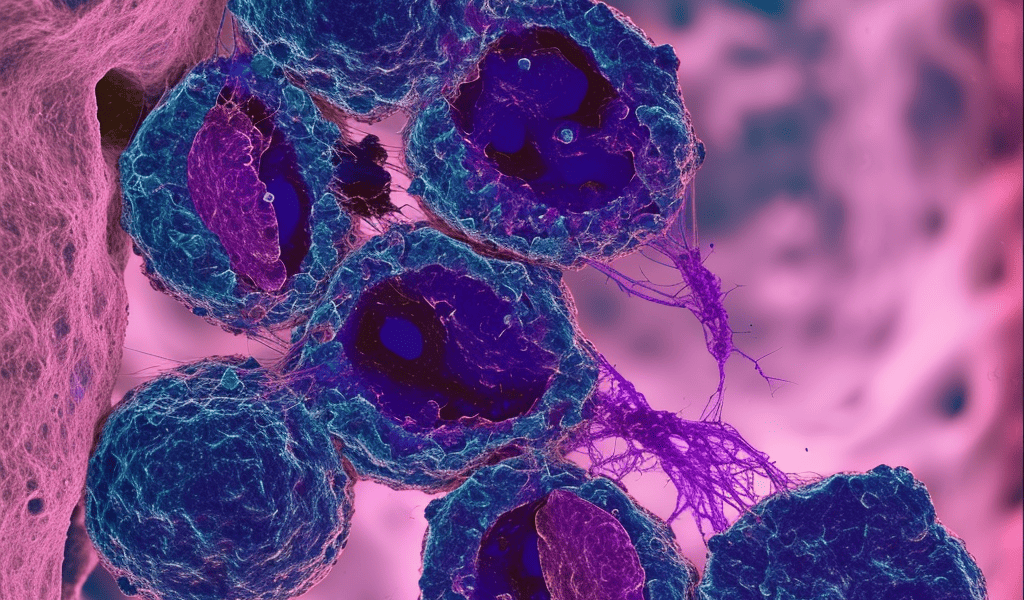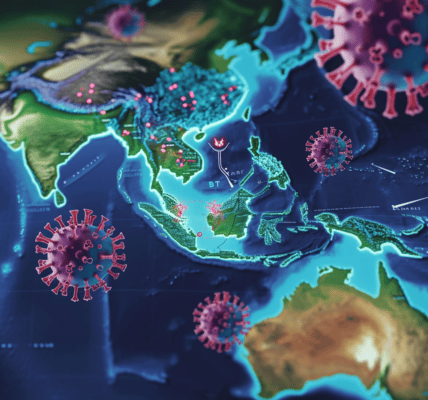In a groundbreaking discovery, researchers from the University of Hong Kong’s Faculty of Medicine have identified a new potential target for the treatment of acute myeloid leukemia (AML), a fatal blood cancer marked by genetic mutations in bone marrow cells. The study, led by Professor Anskar Leung Yu-hung, focuses on the gene polo-like kinase 4 (PLK4), particularly for AML subtypes connected with mutations in the TP53 gene, known for their resistance to chemotherapy.
AML, characterized by symptoms such as fever, unusual bleeding, and infections, can rapidly worsen if left untreated. Traditional treatments have a mere 40 percent success rate for long-term survival, highlighting the urgent need for novel therapies, especially for the TP53-mutated AML subtype, which responds poorly to conventional treatment.
The research unveiled that PLK4 is particularly active in TP53-mutated AML cells. Inhibiting PLK4 can lead to DNA damage, cellular aging, and irregular cell division, making these otherwise resistant cancer cells more vulnerable. This discovery may provide the foundation for clinical trials and offers hope for AML patients.
Furthermore, the study revealed that PLK4 inhibitors, when used in conjunction with CD47 monoclonal antibodies, could significantly boost the ability of macrophages to kill leukemia cells and extend survival in animal models. This potent combination could potentially alter the course of treatment for TP53-mutated AML.
Clinical trials are set to commence at Queen Mary Hospital’s Hematology Division in Hong Kong to test the efficacy of PLK4 inhibitors in AML patients. This significant breakthrough brings hope to those afflicted by this aggressive form of cancer, potentially rewriting the narrative of AML treatment.





